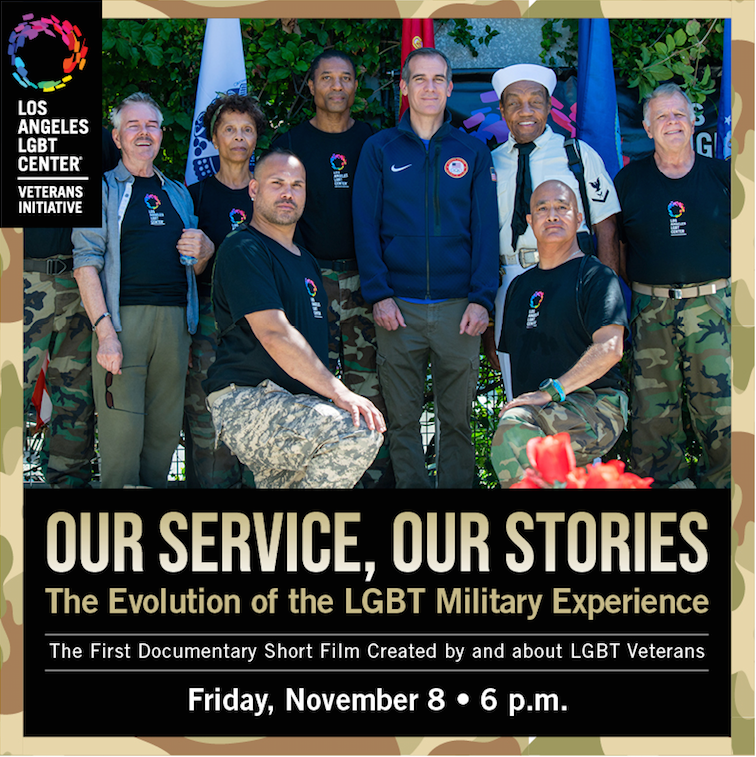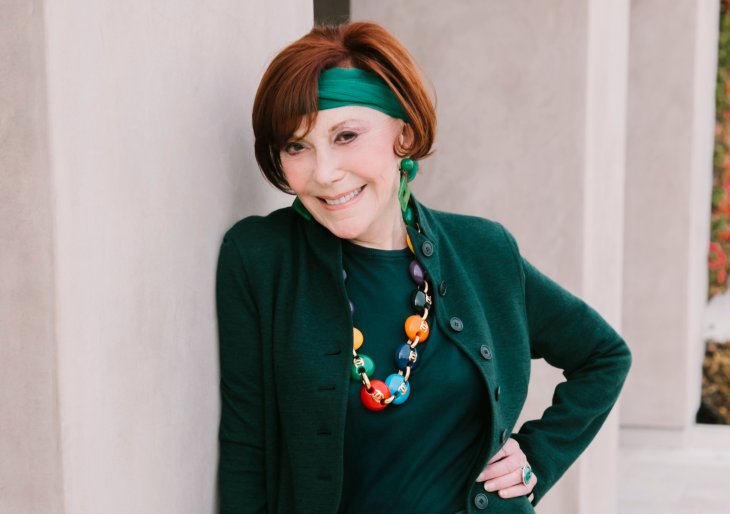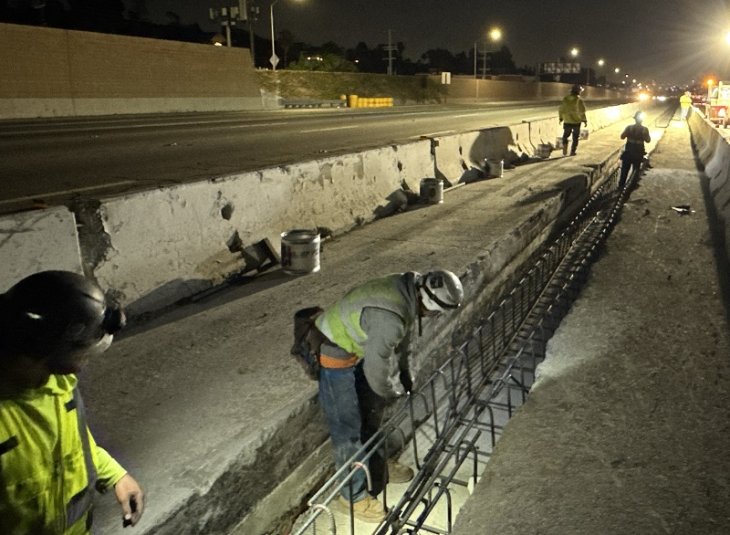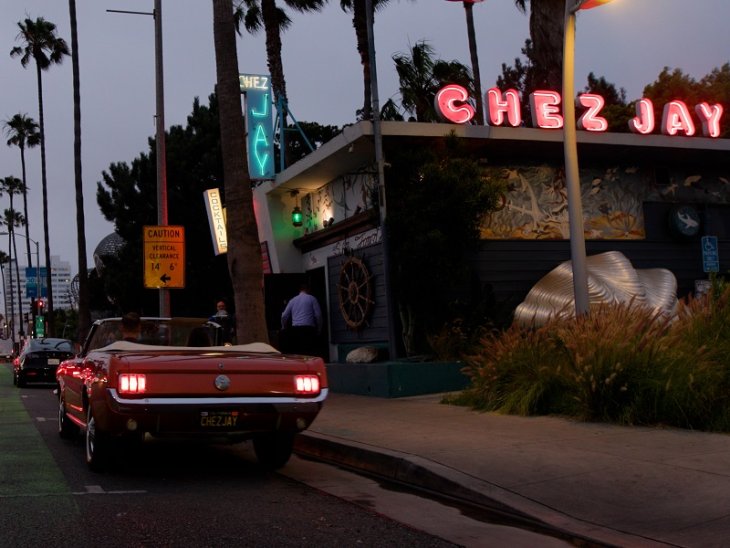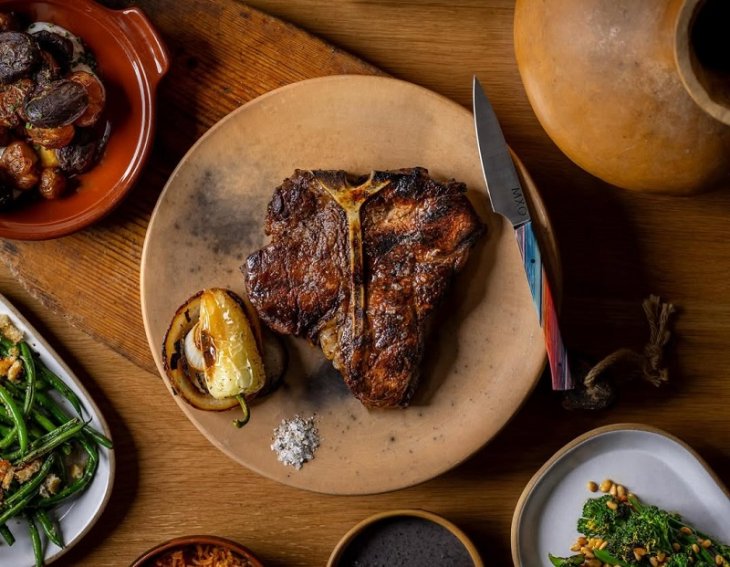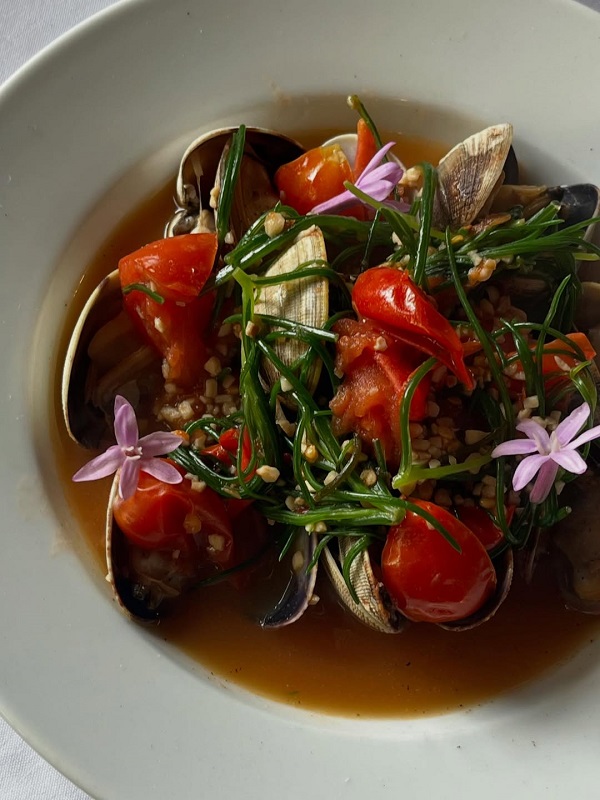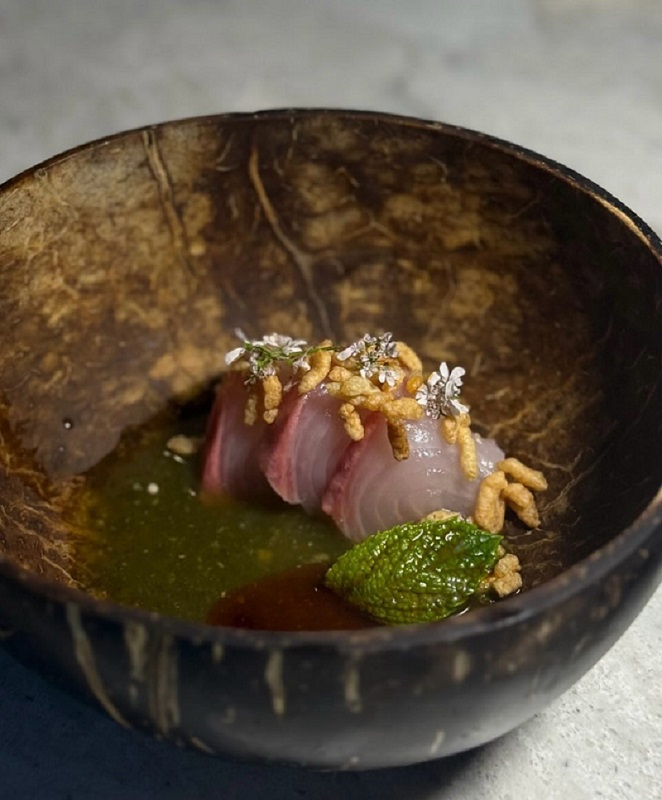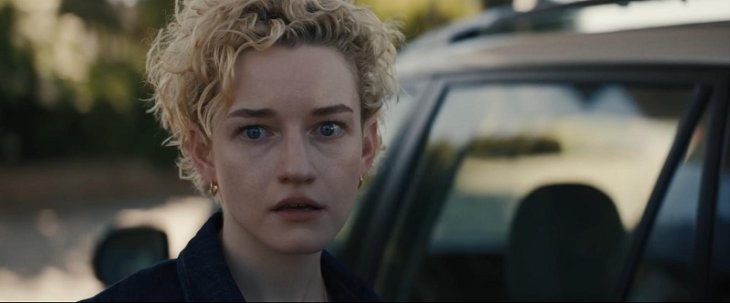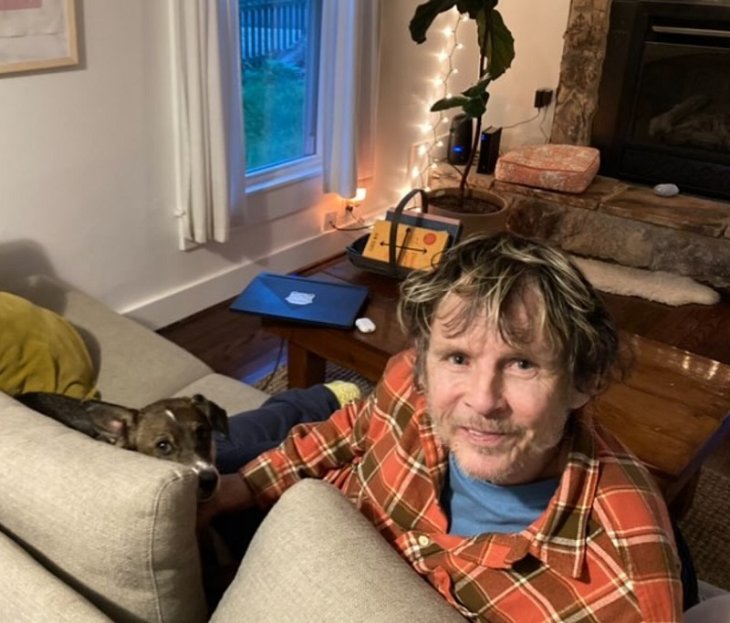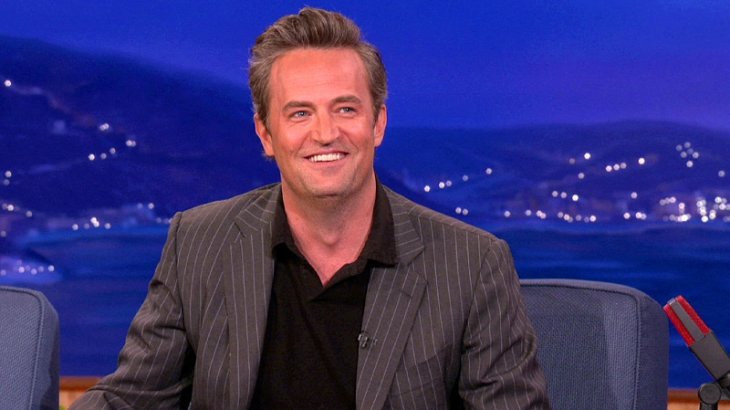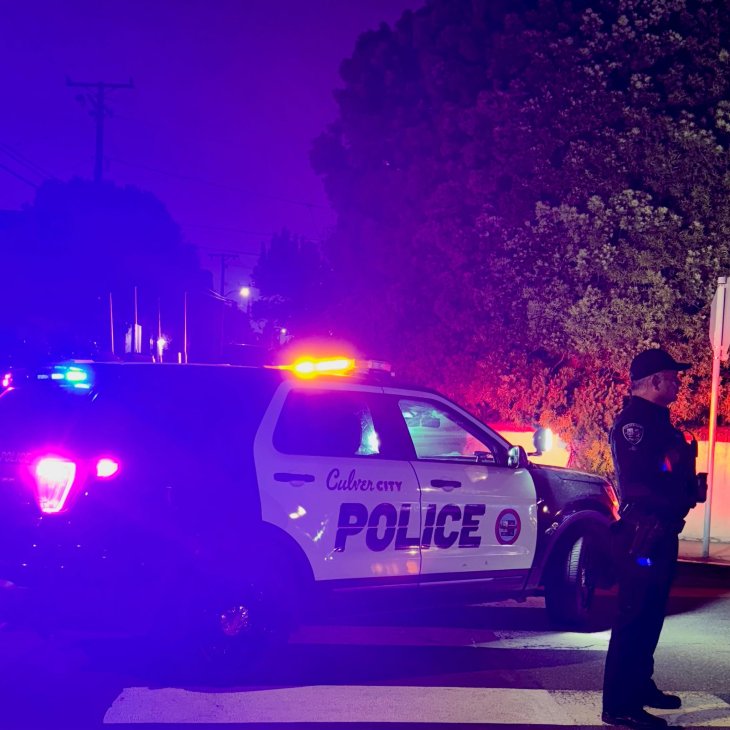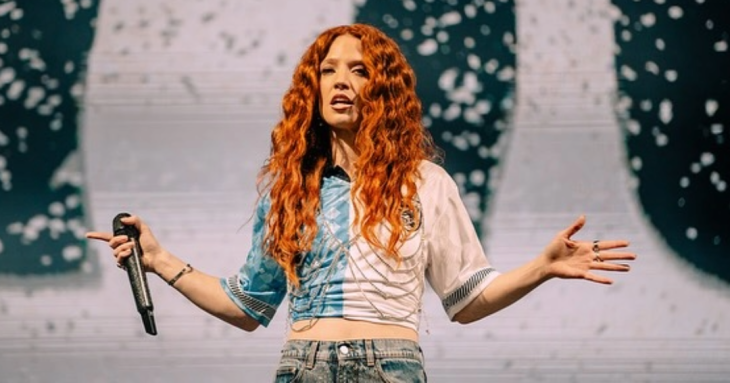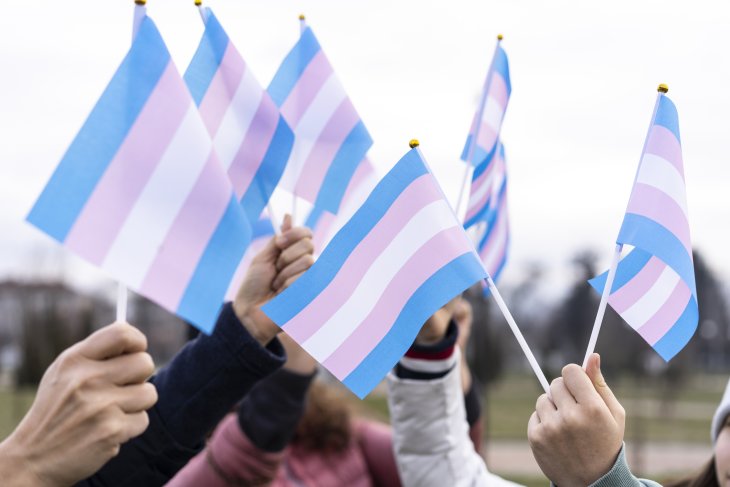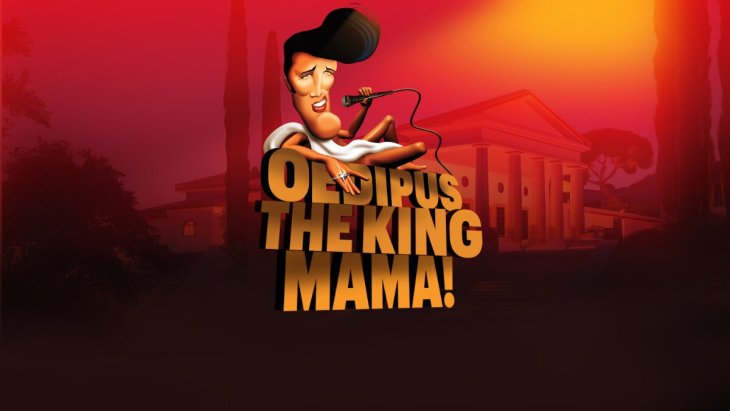In honor of Veterans Day, some LGBT Senior Veterans at the Los Angeles LGBT Center shared their stories and experiences serving as LGBTQ+ service members in a documentary short film “Our Service, Our Stories.”
The film, which premiered in a screening on Friday, Nov. 8, explores the lives and unique perspectives of LGBT veterans before, during, and after their military service, including Vietnam, Desert Storm, Afghanistan, and current military outposts.
“For many of the participating veterans, it was their first time to position and hold a video camera or use digital editing software. This transformative project also helped them discover their artistic voices and express them to the world,” said the Center’s Director of Senior Services Kiera Pollock. “We salute our participants for committing to this creative project. Not only are they veterans, but they can now call themselves filmmakers!”
The 12 LGBT veterans ages 50+ began learning documentary filmmaking techniques—ranging from creative direction to interviewing and editing skills—in July from award-winning filmmaker Andrew Putschoegl, according to a press release. The participants interviewed fellow servicemembers during a recent Veteran Stand Down event hosted by the Center. A $16,200 grant from the California Arts Council, as part of its Veterans in the Arts program, helped to finance the film.
One participant was Warren Tymony, who said that he had a difficult time serving in the military as LGBTQ+.
“My most vivid memory was the Military Sexual Trauma that was perpetrated on me by my Training Sergeant,” Tymony said. “I was just 18 years old, an innocent and trusting kid. All of that was shattered.”
VA uses the term “military sexual trauma” (MST) to refer to sexual assault or harassment experienced during military service, according to the Veterans Affairs website. MST includes any sexual activity that you are involved with against your will. Data from the VA’s national screening program reveals that about 1 in 4 women and 1 in 100 men respond “yes,” that they experienced MST, when screened by their VA provider.
Tymony said that after experiencing MST, he used his LGBTQ+ identity to be discharged.
“I set up a gay scenario, let it be discovered, and received an administrative discharge known as General Under Honorable Conditions,” Tymony said. “Upon leaving military service, I discovered the LGBTQ community, and my place in it. I became an activist championing LGBTQ and minority civil rights causes.”
Tymony said that MST trauma had long-lasting affects.
“In my case the MST trauma produced a two-fold result: [First,] Mental health issues, particularly PTSD symptoms, affected me to make negative, self-destructive choices in my adult life,” he said. “[Secondly,] Based on the anger resulting from the attack, I became a very strong, fearless individual willing to take on all comers and circumstances in my professional life and became a caretaker to those who were not able to defend themselves.”
According to the website, the VA provides free treatment for any physical or mental health conditions related to a Veteran’s experiences of MST. No documentation of the MST experience or VA disability compensation rating is required. Some Veterans can receive this free MST-related care even if they are not eligible for other VA care.
“I am pleased that the military has changed its stance to reject LGBTQ service members as a vital part of our country’s defensive forces,” Tymony said. “Regarding how far we still need to go, current LGBQ service members on duty should realize that their right to be themselves is guaranteed under current military policy. (Unfortunately, this right is not given to our transgender military brothers and sisters). We must continue to fight for our right to be our authentic selves in these times because those who came before you fought to guarantee that right for you. Be courageous, be strong, be fearless.”

